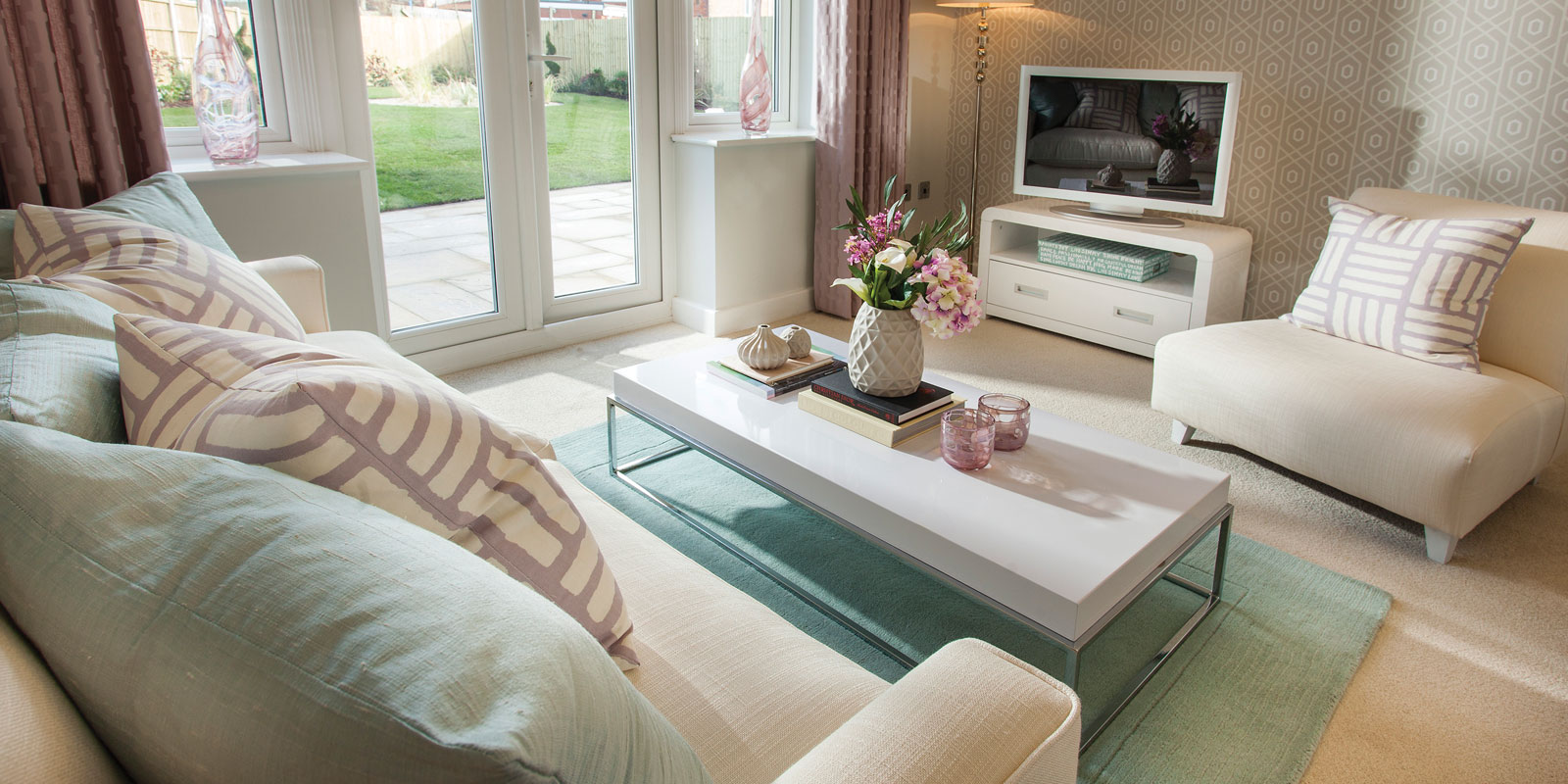Safety and security
The essentials: this section covers security, electrical and gas safety and what to do in a fire to help you keep your home protected and safe.
Safety and security
Home security
Light sensors are fitted on the outside of your home – these turn on exterior lights automatically if someone approaches your home after dark, and can deter intruders.
If your home has been fitted with an alarm, get into the habit of setting it whenever you go out, and ideally ‘part set’ it when you are asleep.
Tip…Don’t let pets into areas protected by alarm movement sensors.
Fire safety
Your new home is fitted with a mains-powered smoke alarm on every floor. Test the alarm by pressing the button each week and replace the back-up battery once a year.
Testing your smoke alarms and heat sensorsWatch ourTesting your smoke alarms and heat sensors
If you have fire doors fitted in your home, don’t remove them or leave them open.
Consider how you would escape from your home if there’s a fire. Plan a sensible route and ensure the whole family knows it. Make sure you know where the keys are and how your windows work, to save valuable time in the event of a fire.
Find out more about fire prevention at www.gov.uk/firekills.
Electrical safety
Never carry out electrical alterations or maintenance yourself; call a qualified electrician. Never interfere with earth bonding cables that are connected to pipework, sinks and radiators, as they are there for your safety.
Avoid overloading electrical sockets and switch off electrical equipment when not in use.
Do not use electrical appliances with wet hands or in the bathroom.
Gas safety
Gas leaks can be life-threatening and must be dealt with as soon as you become aware of them
If you smell gas, you should immediately:
• Open all doors and windows to ventilate the room
• Switch off the appliance and get it checked by a Gas Safe registered engineer
• Turn off the gas at the meter – our short video explains how.
Watch our gas meter video
• Call the National Gas Emergency Service on 0800 111 999
• Do not operate electrical switches – on or off – as they could create a spark which could ignite the gas
Ventilation
It’s important to keep your home properly ventilated, so be careful not to block or obstruct air bricks and permanent ventilators.
Carbon monoxide
Your home is fitted with a mains-powered carbon monoxide detector, located near your boiler.
Tip…Test it by pressing the button each week and replace the back-up battery once a year.











